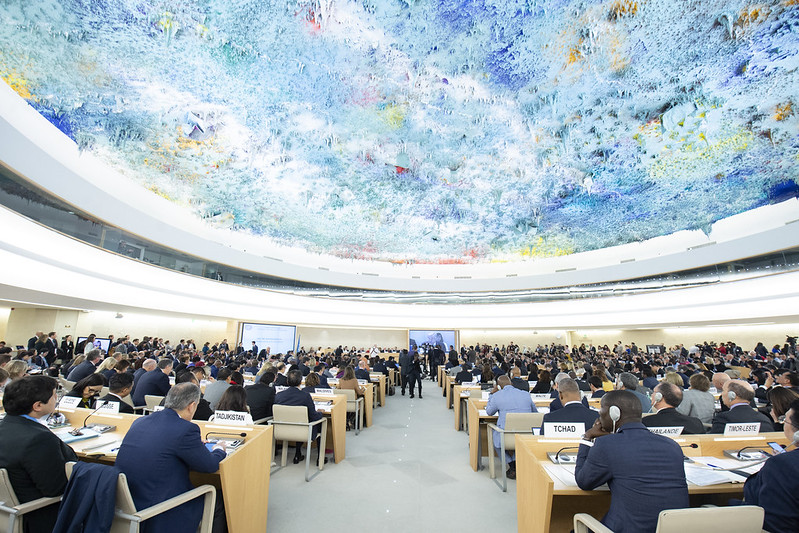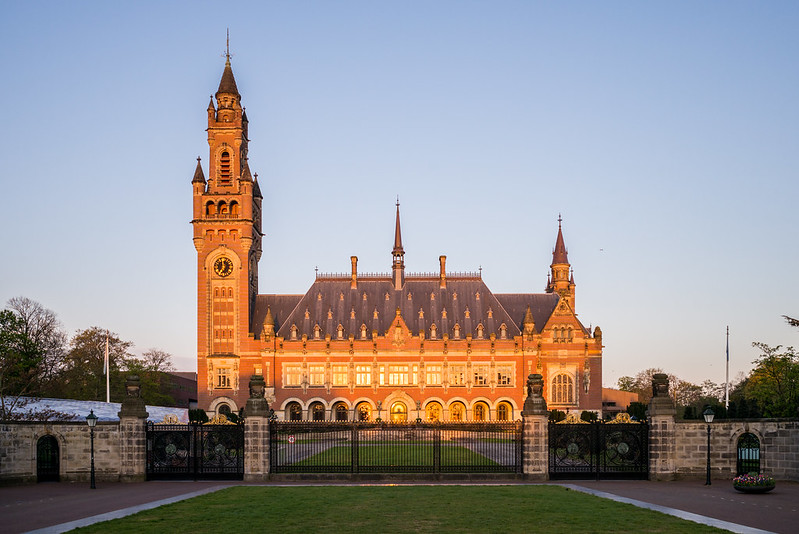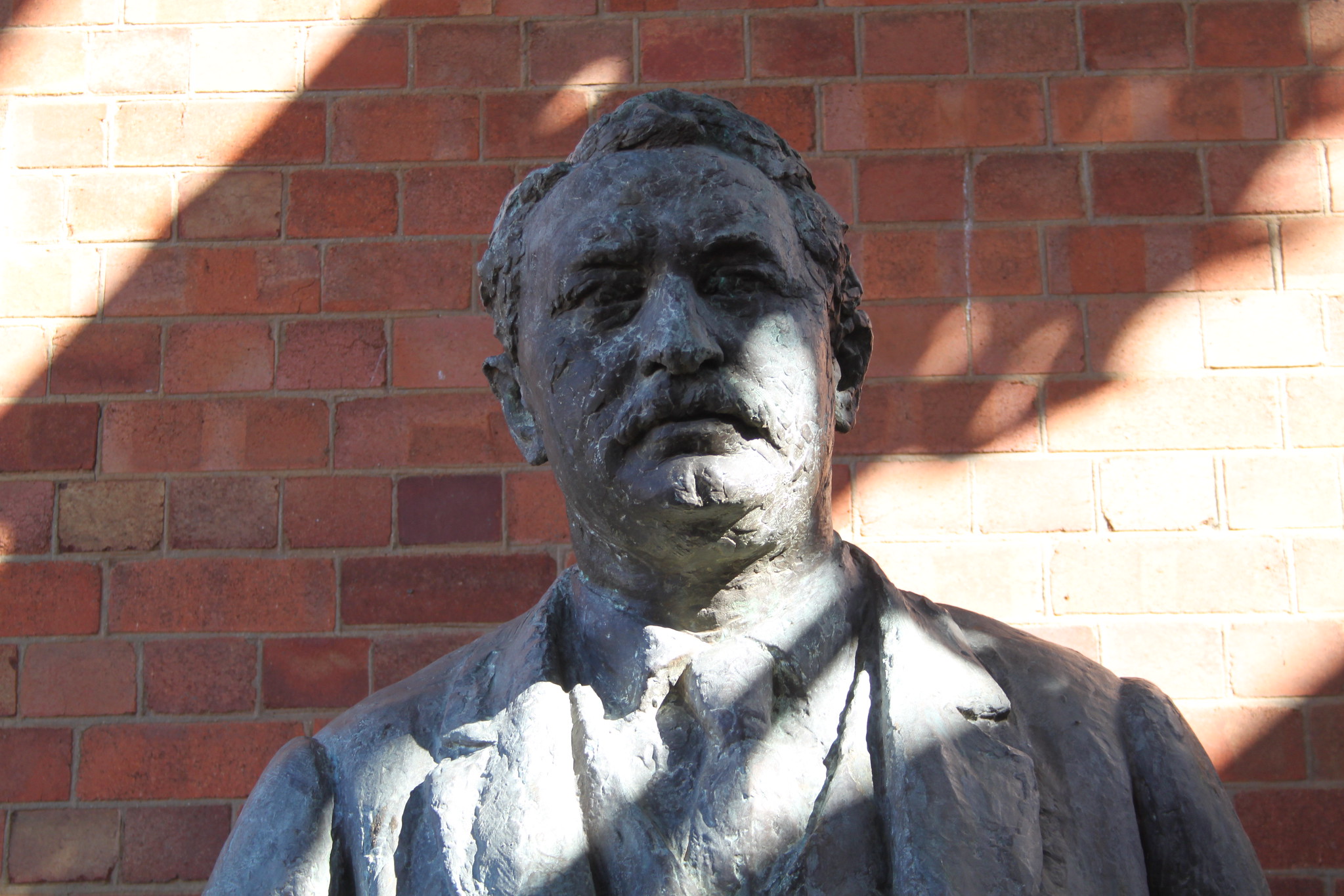Mahatma Gandhi’s time in South Africa was pivotal in his transformation from lawyer to political leader. The Boer War taught him valuable lessons about British imperialism and political mobilisation, writes Sajid Shapoo.
The Second Anglo-Boer War (1899-1902) was not just a regional conflict between two combatants. It had far-reaching implications across the British Empire, especially for India’s independence struggle. The war and its aftermath radically altered Mahatma Gandhi’s understanding of the nature of British imperialism. It profoundly influenced Gandhi’s ideas and set him on a path that would lead to the development of his signature method of non-violent resistance, Satyagraha, which played a crucial role in India’s independence movement.
Gandhi and the Indian immigrants in South Africa
By the late 19th century, Southern Africa was a melting pot of ethnicities, including a significant Indian community. These Indians, comprising both indentured labourers and free traders, faced severe racial discrimination. The British and Boers viewed them with contempt, as they were considered neither European nor African. Indians were a perplexing element that complicated the black-and-white social order the whites had hoped to construct in South Africa.
Gandhi arrived in South Africa in 1893 and began to fight for the legal rights of Indians. The diaspora Indians in South Africa were British citizens and subjects of Queen Victoria, who had proclaimed herself Empress of India in 1858 and declared that her Indian subjects would not be discriminated against on the grounds of religion or race. However, in practice, their experience within the empire, particularly in South Africa, was one of profound discrimination.
Gandhi’s initial strategy involved portraying Indians as loyal British subjects, who therefore had the right to be treated as equals to the white subjects of Queen Victoria. Gandhi believed that by demonstrating their loyalty during the Boer War, Indians could secure their rights and improve their standing within the colonial system.
War and transformation
Gandhi recognised that the fate of Indian immigrants in South Africa depended on British goodwill. Believing that Indians must demonstrate their loyalty to the British to secure their rights, Gandhi decided to support the British war effort against the Boers.
He organised the Indian Ambulance Corps, which provided medical services to British soldiers, hoping this act of service would earn political concessions for Indians. This was Gandhi’s first major effort to mobilise a mass movement, and it laid the foundation for his later protest and resistance.
In October 1899, Gandhi and a group of well-educated Indians in Durban offered their services to the British Colonial Secretary in Pietermaritzburg. Although initially reluctant, the British eventually accepted their offer, leading to the formation of the Indian Ambulance Corps. The Corps, comprising over a thousand Indians, served bravely on the battlefields, particularly in efforts to relieve the besieged town of Ladysmith.
This experience was transformative for Gandhi. It was his first significant effort to organise and lead a collective action, and it taught him valuable lessons about leadership, public engagement, and the importance of disciplined, non-violent service. Despite the hardships and dangers, the Indian Ambulance Corps earned praise for its dedication and bravery, which marked an important step in Gandhi’s journey as a leader.
While Gandhi’s strategy during the war was to support the British in hopes of gaining political concessions, the response back in India was markedly different. The initial successes of the Boers against the British inspired Indian nationalists and fuelled anti-British sentiment. The war exposed the vulnerability of the British Empire, shattered the myth of British invincibility and sowed the seeds for future anti-colonial movements in India.
The Indian media covered the Boer War extensively, with newspapers reporting on the conflict and its implications almost in real-time. This coverage, combined with the nationalistic writings of figures like Rabindranath Tagore, who penned poems celebrating the Boers’ resistance, helped galvanise public opinion against British colonial rule. The war catalysed a broader awakening among Indians, highlighting the possibility of challenging British dominance.
Disillusionment with British policies and the birth of Satyagraha
Despite their service and loyalty, the end of the Boer War did not bring the hoped-for concessions to the Indian community. Instead, the British continued to enact racially discriminatory laws in South Africa, further marginalising Indians. This betrayal profoundly affected Gandhi, leading him to reassess his faith in the British Empire and to develop new methods of protest, the most effective of those being Satyagraha, or “truth force.”
Faced with continued racial discrimination and the British government’s refusal to grant Indians equal rights, Gandhi realised that a new form of resistance was necessary. Satyagraha was born out of this realisation. It combined the ethical teachings of various religious traditions with the practical need for effective political action. Satyagraha was more than passive resistance; it was an active, principled stand against injustice. It called for the deliberate, nonviolent breaking of unjust laws, coupled with a willingness to accept the consequences.
Satyagraha involved nonviolent protest, civil disobedience, and a commitment to truth and justice. Gandhi’s experiences during the Boer War, particularly his work with the Indian Ambulance Corps and his interactions with both British and Boer officials, informed his development of this method. The principles of Satyagraha would later become the cornerstone of India’s struggle for independence, inspiring movements for civil rights and social justice around the world.
The Second Anglo-Boer War was a pivotal moment in Gandhi’s life. It transformed his understanding of imperialism and resistance, and led to the development of the philosophy that would guide his future activities.
The war exposed the deep-seated racial prejudices within the British Empire and shattered Gandhi’s early belief in the possibility of securing Indian rights through loyalty to the British. The war taught him the limitations of seeking justice within the framework of colonialism and inspired him to seek a new path. As a direct result of his experiences during the Second Boer War, Satyagraha emerged as a powerful tool for challenging oppression and injustice, not only in India but across the world.
Photo credit: South African Tourism used with permission CC BY 2.0 DEED





